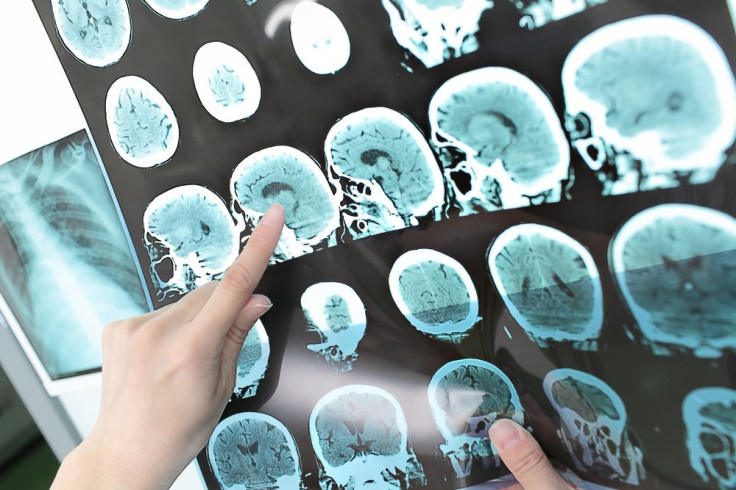Cancer Risk Factors Include Surviving An Ischemic Stroke, Which Is The Most Common Type

Past studies reveal cancer patients are at an increased risk of stroke. Is the reverse true as well? New research presented at the American Stroke Association’s International Stroke Conference suggests ischemic stroke survivors have an increased risk of an underlying cancer.
“If you’ve had a stroke before, especially with another high-risk factor, it’s important that you talk to your doctor and discuss earlier cancer screening,” Dr. Malik Adil, lead author and researcher at the Zeenat Qureshi Stroke Institute in St Cloud, Minn., stated in a press release. “Factors that may put a person at higher risk for developing cancer include: cigarette smoking, alcohol consumption, and a family history of cancer.”
Signs of Ischemic Stroke
About 87 percent of all cases of stroke occur as a result of an obstruction within a blood vessel supplying blood to the brain. This is known as ischemic stroke. The underlying condition for the obstruction is a buildup of plaque or fatty deposits lining the vessel walls. Commonly referred to as "hardening of the arteries," doctors call this condition atherosclerosis. Signs that a person may be having an ischemic stroke include one side of the face becoming numb or drooping, weakness in one arm, and slurred speech. Anyone who shows these symptoms, even when the symptoms disappear after some time, requires immediate medical attention.
To begin the current study, Adil and his co-researchers analyzed data from the Vitamin Intervention for Stroke Prevention (VISP) multicenter trial, which ran between 1997 and 2001. The analysis consisted of 3,247 cancer-free participants over the age of 35 who had suffered a mild ischemic stroke. For comparison purposes, the team accessed National Cancer Institute data for the general population’s cancer rates.
Analysis proved ischemic stroke patients had higher annual rate of cancer than the general population. Specifically, the rate of cancer occurring among stroke survivors was 1.2 times higher in one particular year and 1.4 times higher in two other years. Records of participants showed they had developed a range of cancers, including skin, prostate, breast, lung, and bladder cancer.
Unfortunately, the researchers stumbled upon more disheartening news: Stroke survivors who developed cancer had up to three times a higher chance of dying compared to survivors who did not get cancer. Naturally, they found age also increased the risk of a stroke survivor developing cancer. Survivors over age 50 were 1.4 times more likely to develop cancer within two years than survivors under age 50. Cancer rates go up in the general population with age as well.
Source: Adil M, Qureshi A, Saeed O, Suri F. American Stroke Association’s International Stroke Conference. 2015.



























